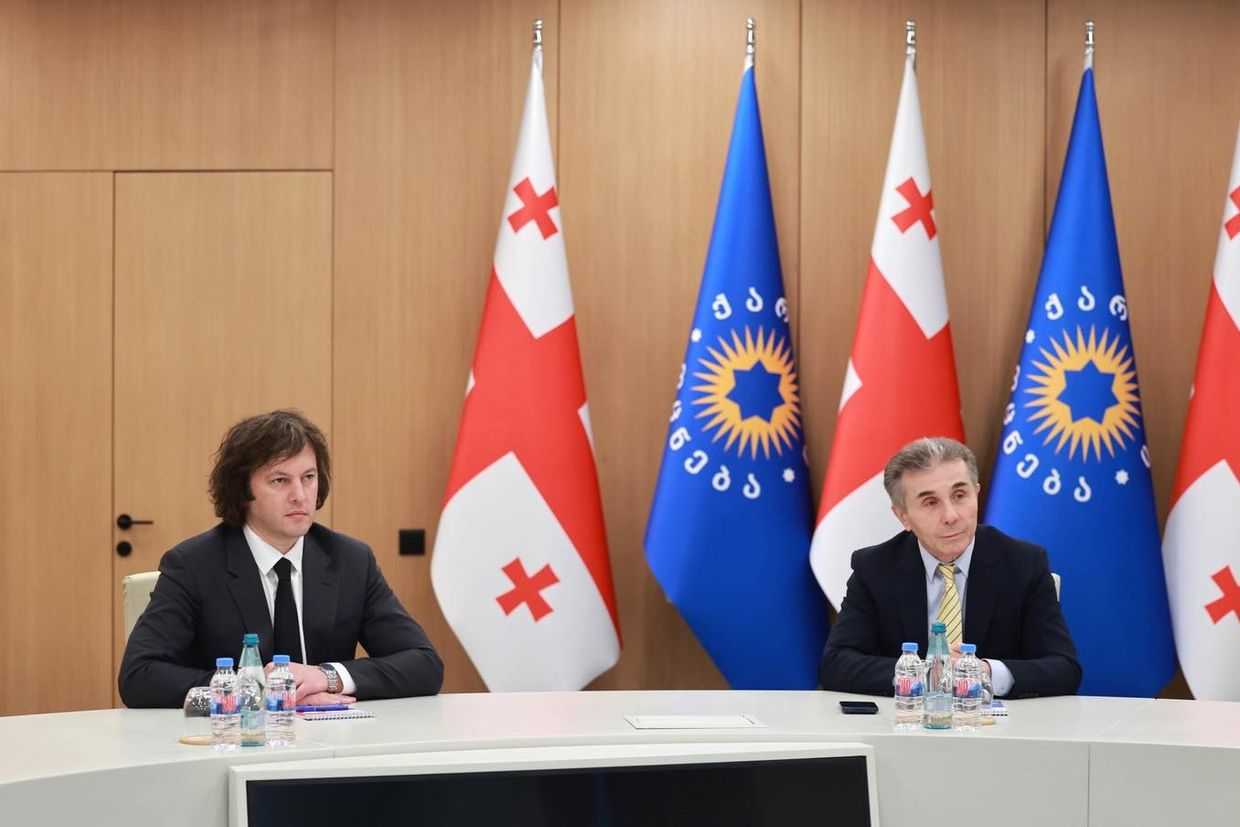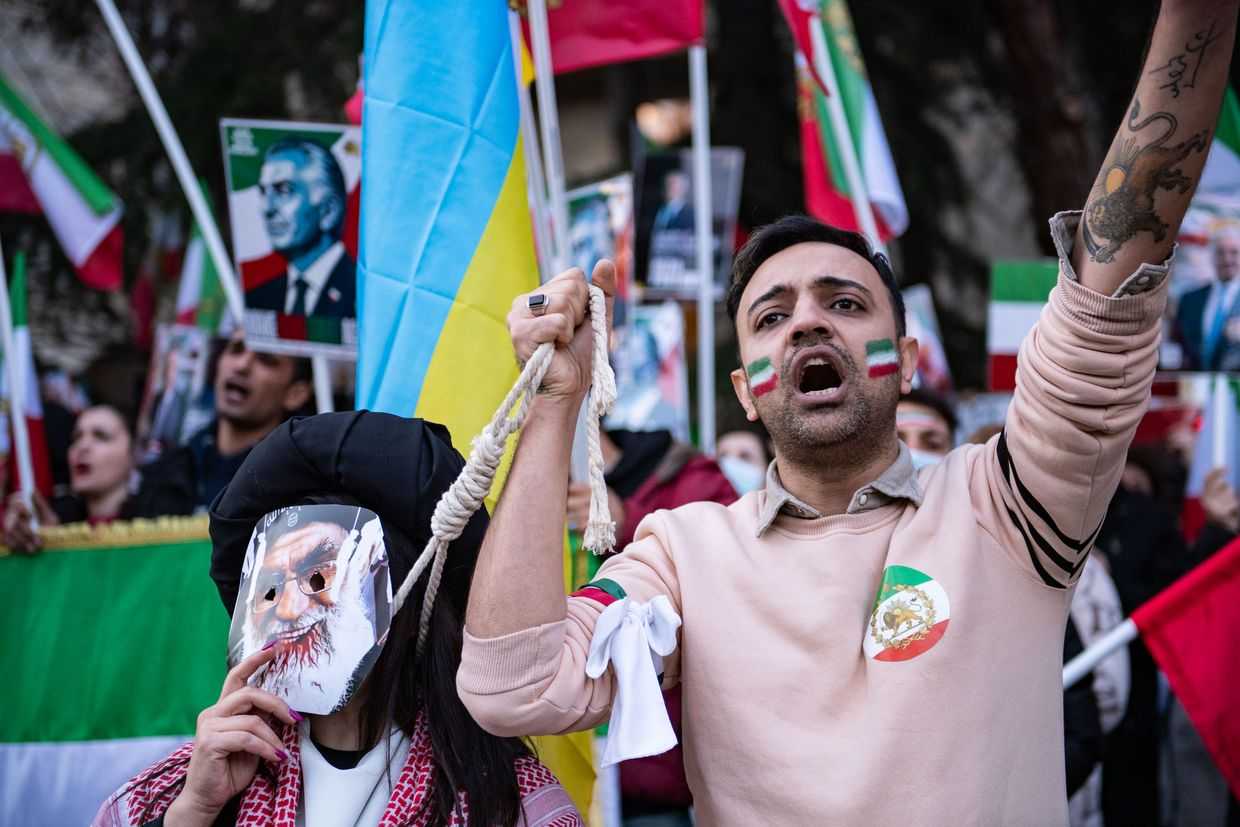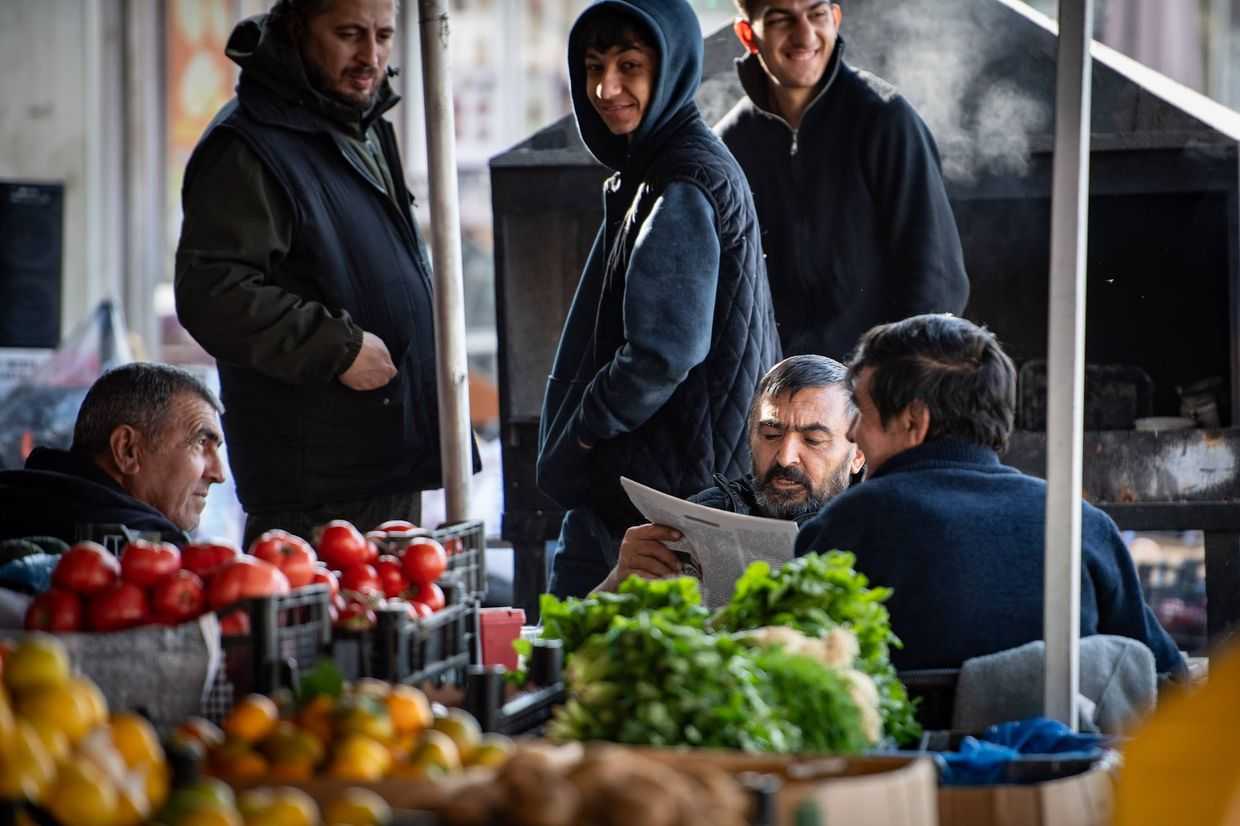
A medical council created under the auspices of Georgia’s Public Defender has announced that imprisoned former president Mikheil Saakashvili’s health has severely deteriorated, and is expected to worsen.
The council of four medical specialists reportedly visited the former president at the Vivamedi clinic on Sunday, with three more participating in an online discussion following the visit.
The report says that Saakashvili’s health condition has deteriorated since the council’s last visit on 19 February.
It states that Saakashvili is suffering from severe sarcopenia, a condition characterised by loss of skeletal muscle mass and function, and has lost weight at the expense of muscle mass. It also notes that the former president was also experiencing depression, and had suffered significant damage to mental function.
The expert committee added that while Saakashvili’s movement and coordination were currently severely limited, they believed that the ex-president would become bedridden due to further weight loss and damage to lower-body muscles.
‘Currently, the movement of the patient without supervision is dangerous because the risk of falling, body damage/fractures is very high’, the report states.
The statement claimed that the council members were not able to interview Saakashvili’s attending physician or review medical documentation at the clinic due to visiting on a Sunday.
‘An objective picture’
Georgia’s deputy parliamentary speaker, Giorgi Volski, accused the council of political bias.
He claimed that no one was answering the question of what kind of treatment Saakashvili required to improve his condition.
‘No one answers this question. And when there is no answer to this question, it is reasonable to suspect that all statements and conclusions are dictated by [the political situation]’, said Volski.
However, Mikheil Saakashvili’s mother, Giuli Alasania, told opposition-aligned channel Mtavari that the conclusion of the Public Defender’s medical council was accurate and did not come as a surprise.
‘I think [the report of the council] is objective and really reflects the picture I see every day’, she said.
Alasania added that the council report would be included amongst the documents being prepared to submit to the European Court of Human Rights to contest Mikheil Saakashvili’s detention.
On 2 February, an extraordinary debate was held in the European Parliament regarding Saakashvili’s deteriorating health in prison, initiated by MEP Anna Fotyga.
‘I appeal to the Georgian authorities to release him to be cured abroad for humanitarian reasons. He is dying in prison, and that has affected the future of Georgia a lot’, said Fotyga.
On 22 March, Vivamedi Clinic publicly stated that they intended to ask the penitentiary medical service to evaluate the feasibility of Saakashvili remaining in the clinic, alleging that Saakashvili had repeatedly refused treatment, especially when drugs or procedures had a positive effect on his health.
The statement noted that Saakashvili’s refusal to accept treatment had had a significant negative effect on the clinic’s reputation.
Mikheil Saakashvili was moved to Vivamedi Clinic on 12 May 2022, following several hunger strikes against his detention and imprisonment, and has remained there since.
Saakashvili’s family members, supporters, and lawyers have long been demanding that Saakashvili be sent abroad for treatment. On 6 February, Tbilisi City Court refused to postpone or cancel the sentence.
In December of last year, a group of experts including US-based toxicologist David Smith, prepared an as-yet unpublished report on Saakashvili’s health under the aegis of Tbilisi-based anti-torture watchdog Empathy.
According to Smith, Saakashvili was experiencing rapidly progressive dementia and PTSD, amongst other conditions.
Saakashvili entered Georgia and was subsequently arrested on the eve of crucial local elections in October 2021. He is currently serving a six-year sentence for abuse of office and faces several other charges relating to his time in power.









